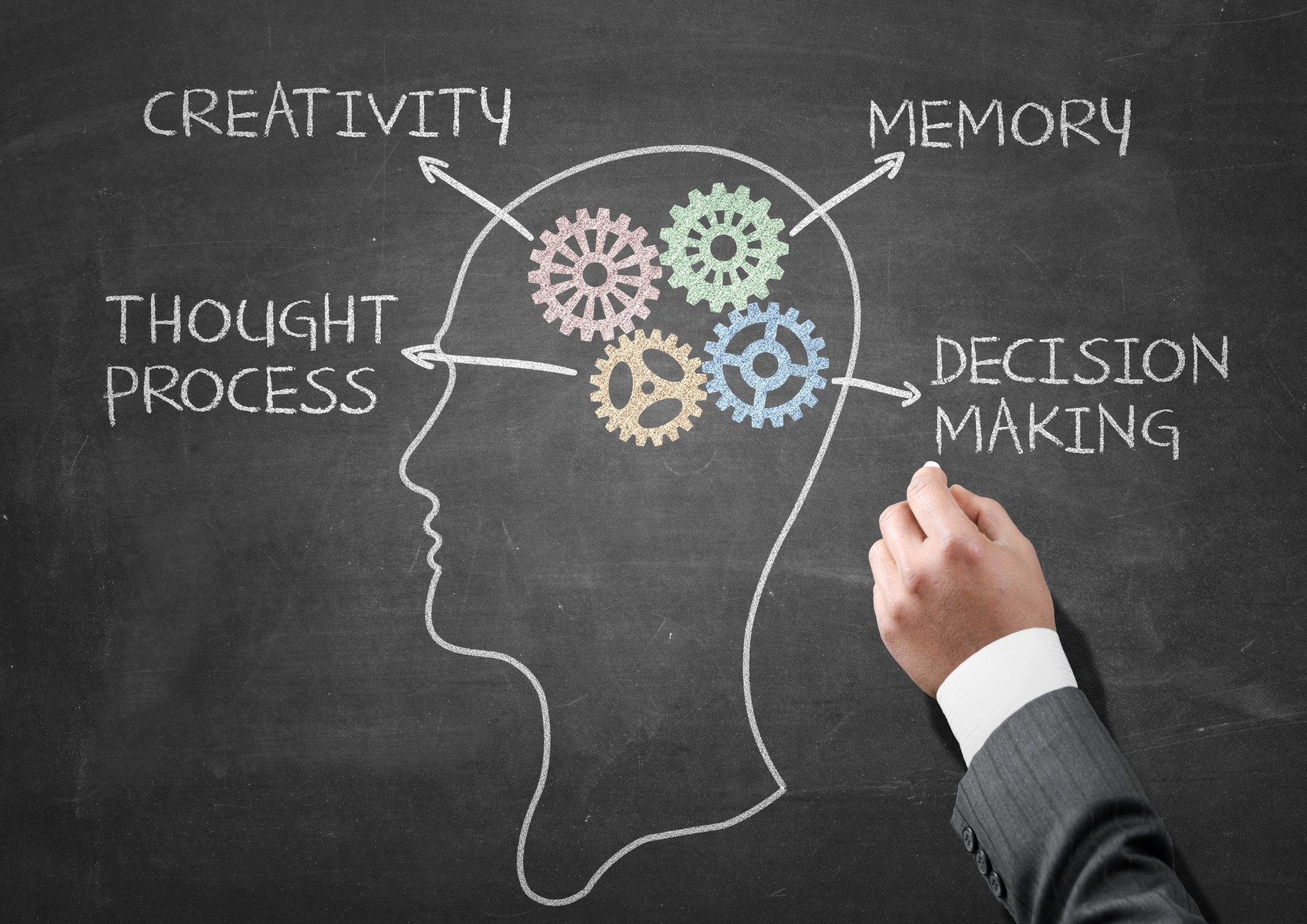Alcohol Awareness Week: Rethinking Alcohol in the Workplace
For many of us, alcohol is woven into the fabric of work life. Whether it’s team celebrations, Friday wind-downs, or networking events, it often feels like a natural part of how we connect and relax together. But have we ever stopped to ask: Do the benefits of socially accepted (or even innocently encouraged) “moderate” drinking outweigh the costs for individuals and businesses?
This Alcohol Awareness Week, it’s worth taking a closer look at how alcohol impacts employees, workplaces, and leadership culture.
Why We Drink: The Perceived Benefits
Alcohol is often seen as a way to relax, reduce stress, and foster social cohesion. For some, that last point may even hold true to a degree. A team night out can feel like an easy way to bond and celebrate. But there’s another side to the story: the effects of alcohol on the brain, body, and workplace performance.
The Science: Alcohol and the Brain
- The reward system: Alcohol stimulates dopamine, the brain’s “feel good” chemical. This reinforces the behaviour, making one drink often lead to another. Over time, the brain craves more to achieve the same reward, making moderation feel harder than expected.
- Brain health: Alcohol damages brain tissue, particularly in areas responsible for memory, decision-making, and self-control. Even moderate drinking has been linked to brain shrinkage over time.
- Mood regulation: It disrupts pathways that regulate mood, increasing the risk of anxiety and depression. This can leave individuals less emotionally resilient at work.


The Wider Health Picture
The effects of alcohol go far beyond hangovers:
- It increases the risk of seven types of cancer
- Contributes to liver disease, diabetes, high blood pressure, and heart problems
- Disrupts sleep and contributes to mental health problems
The World Health Organisation now says no level of alcohol is safe. In the UK, government guidelines recommend no more than 14 units per week (spread across several days with alcohol-free days). That’s about six medium glasses of wine or six pints of beer. Yet even within these limits, many people underestimate alcohol’s impact on health, energy, and mental clarity.
For businesses, these health risks can show up in ways that are hard to ignore:
- Reduced focus, memory, and decision-making ability
- Increased absenteeism and presenteeism
- Lower engagement and resilience across teams
What This Means for Leaders
The good news? Leaders and organisations can make a difference – not by banning alcohol or policing behaviour, but by creating environments where healthier choices feel natural and supported.
Here are four simple steps:
- Rethink social norms. Networking and celebrations don’t have to revolve around alcohol. Offer great alcohol-free options and make it clear all choices are welcome.
- Start conversations. Include alcohol awareness in workplace wellbeing programmes. Awareness creates space for choice.
- Model balance. When leaders make mindful choices, it gives others permission to do the same.
- Provide support. Offer help for employees who want to change their relationship with alcohol – whether through coaching, workshops, or signposting resources.
The Benefits of a Healthier Approach
Creating a culture where alcohol plays a smaller role brings clear benefits:
🌱 Healthier, more energised employees
🧠 Improved mental focus and resilience
💖 A workplace where everyone feels included and supported
Ready to Take the Next Step?
At Work Wellbeing offers Alcohol Awareness and Alcohol Freedom Coaching Programmes to help organisations support their teams in making healthier choices. These programmes raise awareness, spark meaningful conversations, and empower employees to reflect on their relationship with alcohol in a safe, non-judgmental way.
📢 Get in touch to explore how we can help your organisation create a culture where everyone can thrive.
#AlcoholAwarenessWeek #WorkplaceWellbeing #Leadership #EmployeeHealth #HealthyCulture
















